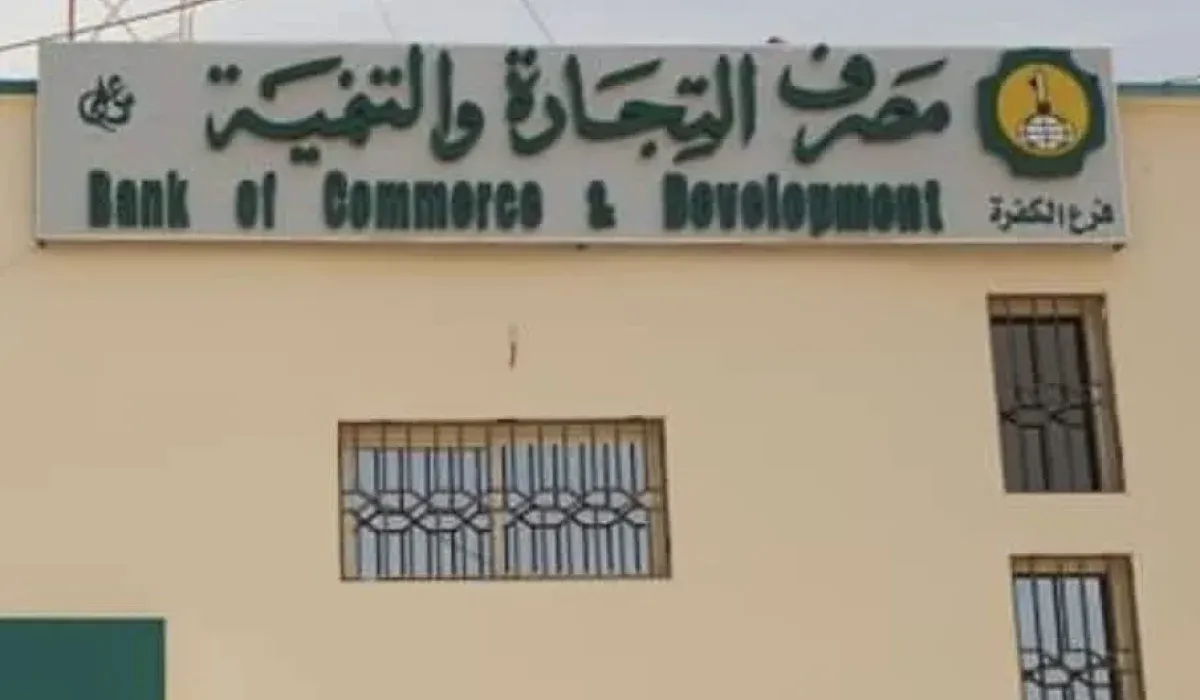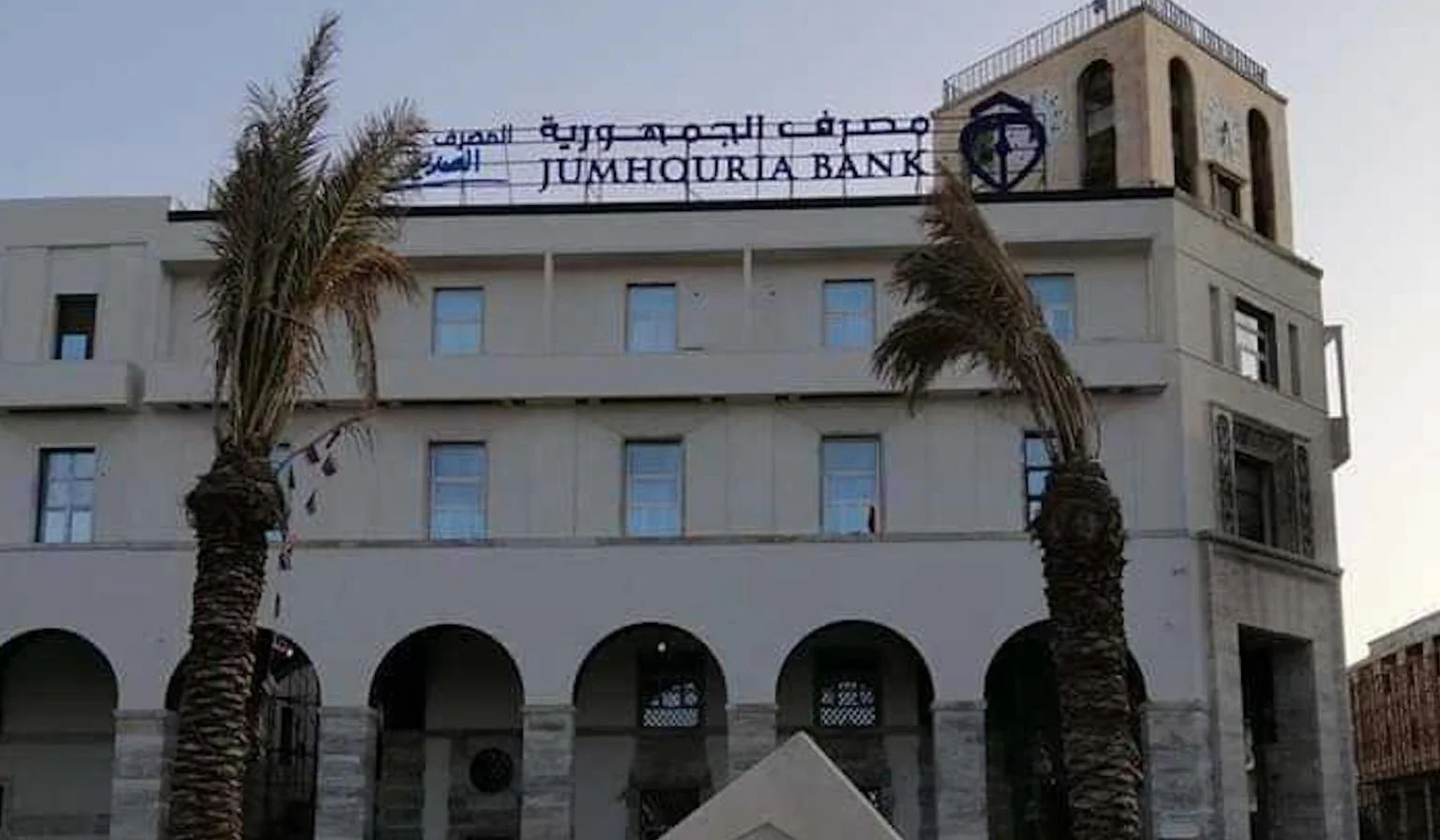Anas Ashneibeesh wrote an article stating:
The world has long been moving toward reducing reliance on paper money, yet Libya still suffers from an economy heavily dependent on cash liquidity, which impedes transparency, enlarges the informal market, and slows the national economic engine. However, with the Central Bank of Libya continuing to print cash, a strategic opportunity arises to transform this reality into a launching point for an effective and sustainable digital economy.
This simplified article presents a practical and integrated action plan for Libya aimed at reducing dependence on paper currency and encouraging all segments of society—especially shop owners and public service providers—to transition to electronic payment systems.
First: Legislative and Regulatory Foundation
1. Establish a comprehensive national legal framework:
• Mandate government entities and public institutions to accept electronic payments.
• Regulate the work of payment service providers and digital wallets.
• Adopt digital signatures and digital identities linked to the national number.
2. Gradually restrict cash transactions in official institutions:
• Ban cash payments for government fees after a transitional period.
• Enforce digitization of payments in public facilities (schools, universities, hospitals).
Second: Developing Financial and Technical Infrastructure
1. Expand the point-of-sale (POS) and smart payment networks:
• Provide electronic payment devices at subsidized rates or through leasing systems.
• Support the adoption of a unified QR code for payments in small shops.
2. Develop national electronic wallets:
• Create a national digital wallet under the supervision of the Central Bank, linked to the national number.
• Encourage linking bank accounts to digital wallets.
3. Improve internet connectivity and online payment technologies:
• Expand internet coverage, especially in commercial areas.
• Develop special packages for merchants and service providers to support stable and fast connections.
Third: Incentives and Encouragement
1. Incentives for shop and public service owners:
• Temporary tax exemptions or discounts for establishments adopting electronic payment.
• Financial support to provide necessary technical devices.
2. Rewards for citizens:
• Financial bonuses or points when using electronic payments in daily transactions.
• Promotional campaigns in collaboration with major companies and stores.
3. Support for entrepreneurs and large traders:
• Provide short-term banking facilities in exchange for digitizing supply chains and payments.
• Link financing to the extent of the establishment’s commitment to using digital payment tools.
Fourth: Utilizing Cash as a Digital Catalyst
Rather than seeing cash printing as a burden, it can serve as a transitional tool toward a digital future:
• Allocate part of the printed cash to support merchants adopting electronic systems.
• Offer direct grants or financial support to store owners committed to reducing reliance on cash.
• Use liquidity to encourage wallet opening through symbolic first-use amounts.
• Link cash support to digital compliance—no financial support unless clear digital standards are met, such as transaction volume or registered POS in the national system.
Fifth: Awareness and Education
• Launch a nationwide awareness campaign on the benefits of electronic payment:
• Use media, mosques, universities, and schools for education.
• Engage public figures to strengthen citizens’ trust in technology.
• Workshops for shop owners and markets:
• Hands-on training for using payment devices.
• Provide field and technical support during the early months.
Sixth: Phased Implementation Plan
1. Phase One (0–6 months):
• Pilot electronic payments in key markets (Tripoli – Misrata – Benghazi).
• Establish on-ground technical support networks and performance monitoring.
2. Phase Two (6–18 months):
• Expand the geographical reach of the pilot.
• Mandate non-cash services for certain government entities.
3. Phase Three (18–36 months):
• Regulate the use of cash in certain sectors.
• Link government support and economic incentives exclusively to electronic transactions.
Seventh: Supervision and Implementation
• Project led by the Central Bank of Libya in partnership with:
• Ministry of Finance
• Ministry of Economy and Trade
• Ministry of Communications
• Telecom companies and banks
• Private sector and civil society
The shift from a cash economy to a digital one is not a luxury—it is a necessity for modernizing Libya, improving transparency, and stimulating the economy. The first step starts with utilizing existing resources—such as printed currency—as a bridge to the future.
Libya is capable of achieving this transformation if there is will, coordination, and continuity.
Electronic payment is not just a technology—it’s a new mindset for building a modern nation.
And the foundation should now be laid under the slogan:
“Today’s currency must be used to accelerate the end of cash tomorrow.”


















